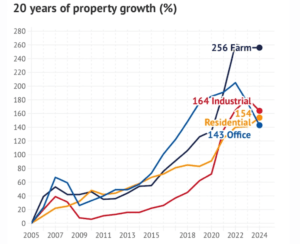Most property development projects entail a substantial amount of construction debt funding that must be repaid upon completion. Specifically, for residential projects like townhouses and land subdivisions, the objective is usually to sell enough units to cover the construction debt. However, if the developer falls short of achieving sufficient sales, they may need to refinance the remaining balance. This is where a residual stock loan can prove beneficial.
Residual stock loans are frequently utilized by property developers to optimize their return on investment when they have unsold units in a completed project. Selling the remaining stock can be challenging, particularly during a market downturn, which means developers require more time before settling the balance of the construction loan. Rather than compromising on sales prices, developers have the option to retain some of their stock and sell it when market conditions become more favorable.
Through residual stock finance, the development loan is refinanced against the unsold units and repaid within a period of 6-12 months. Residual stock loans serve as a means to reduce costs by replacing the higher interest rates associated with construction finance with lower rates offered for completed properties. As residual stock loans involve completed products, there is no construction risk, resulting in significantly lower interest rates.
Even if there are sufficient sales to repay the construction debt upon completion, developers may still seek to raise funds against the equity in the remaining stock to reinvest in their next project. Residual stock loans can also provide developers with working capital that can be utilized for other projects in their pipeline, such as acquiring their next development site.







